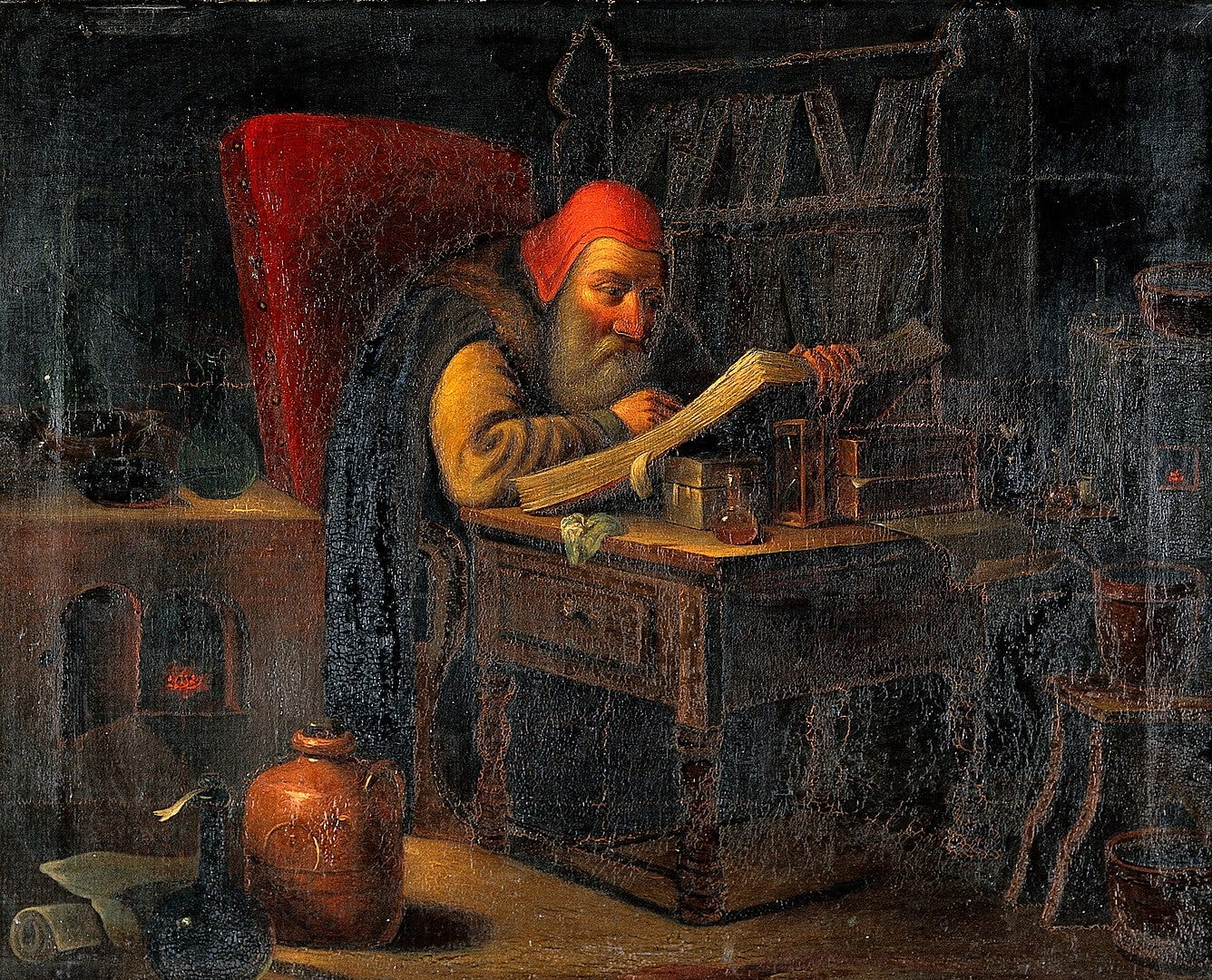
“Make human nature your study wherever you reside—whatever the religion or the complexion, study their hearts.” — Ignatius Sancho, 1778
There’s been a renewed (or perhaps continued) interest in humanities — philosophy, history, sociology, English, and other related topics — in education.
We seem to be spending more time on screens and less time with books. On problems of engineering and programming and not of the underlying issues they’re addressing — or creating.
One way to address this disparity is to ensure we’ve got a better understanding of the humanities. It doesn’t require a college degree, but at a minimum, we ought to be curious about these things.
These two longer pieces give that some deeper consideration.
Me Fail English? That’s Unpossible
It was kicked off by a recent article in The New Yorker that took note of…
Keep reading with a 7-day free trial
Subscribe to Timeless & Timely to keep reading this post and get 7 days of free access to the full post archives.




